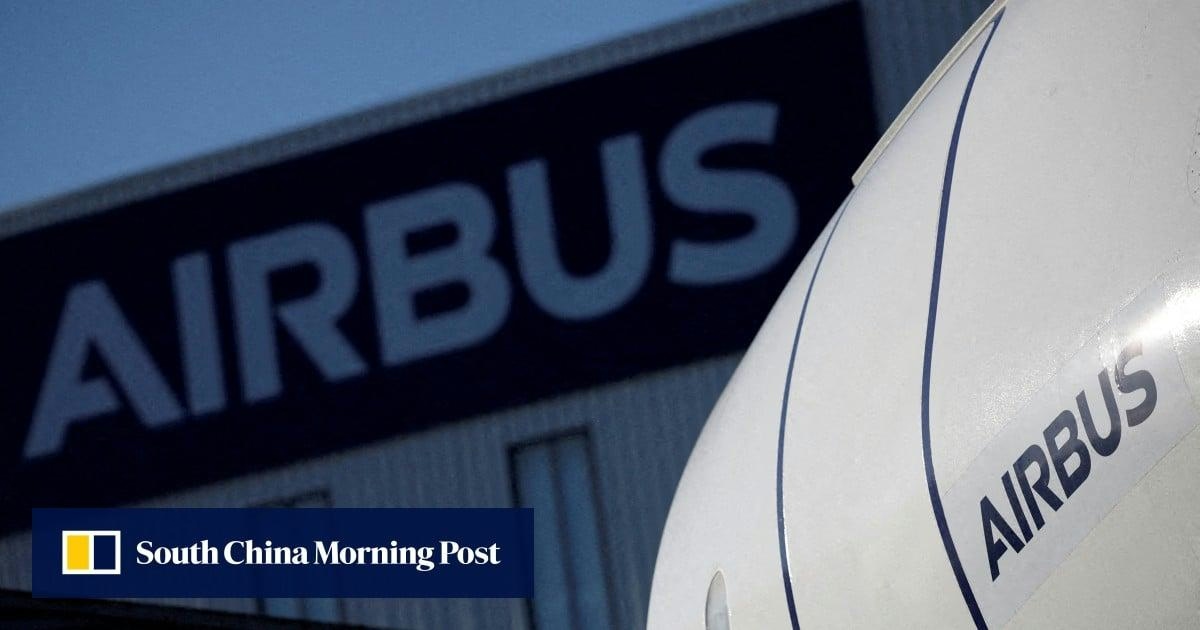热门趋势
The Impact of Tariffs on the Aviation Supply Chain
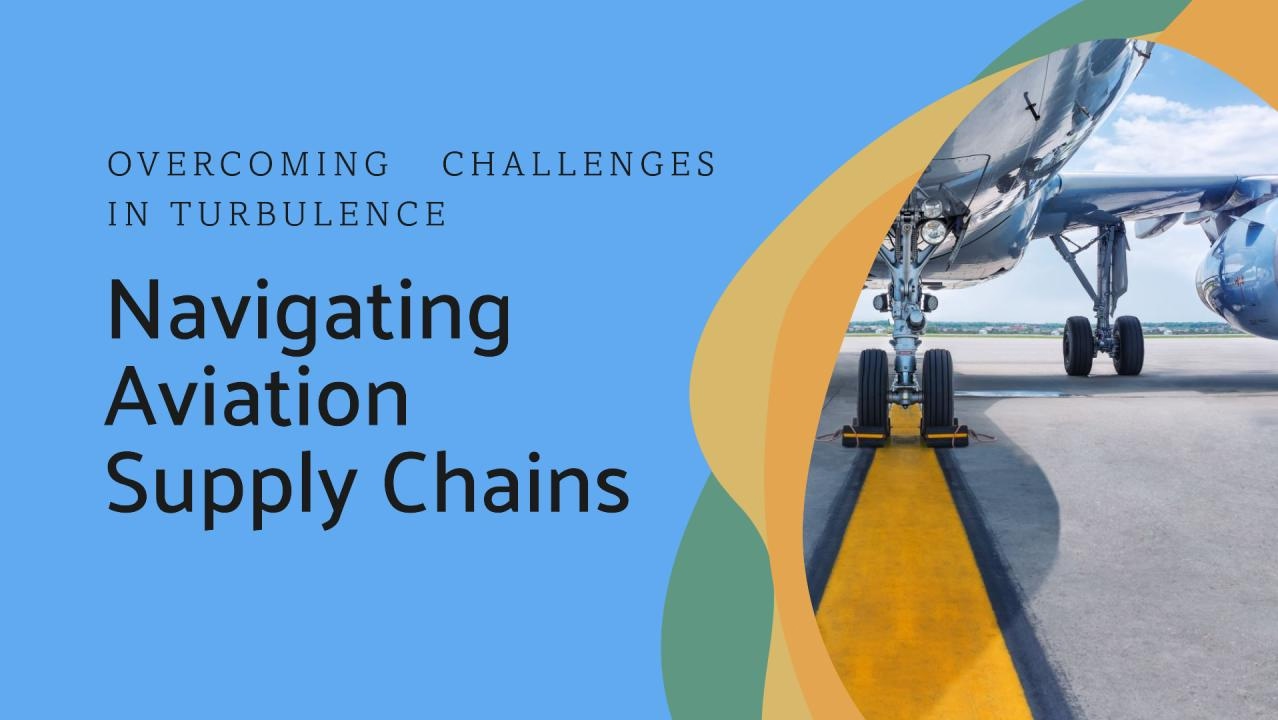
The Impact of Tariffs on the Aviation Supply Chain
Navigating Challenges Amid Tariff Turbulence
The aviation supply chain is undergoing significant disruption as new tariffs and shifting trade policies introduce a complex array of challenges for manufacturers, suppliers, and logistics providers worldwide. These regulatory changes have led to increased operational costs, supply bottlenecks, and heightened pressure on manufacturers to expand capacity in order to meet demand. The evolving trade environment has compelled industry players to reassess their strategies to maintain production continuity and manage risk effectively.
In response to these challenges, leading companies within the sector are adopting strategic measures such as investing in new production facilities and diversifying their supplier networks. By sourcing materials from regions less affected by tariffs, these firms aim to mitigate exposure to trade-related uncertainties. Concurrently, market dynamics are reflected in price adjustments and shifts in procurement strategies, as businesses strive to offset rising expenses while securing critical components essential to their operations.
Broader Implications for Operations and Supply Chain Management
The repercussions of tariffs extend beyond immediate cost increases, significantly impacting the broader operational landscape. Supply chain bottlenecks have the potential to delay aircraft maintenance, repair, and overhaul (MRO) activities, thereby affecting airlines’ ability to maintain fleet readiness and meet passenger demand. Manufacturers face the dual challenge of absorbing higher input costs while ensuring the timely delivery of parts and services. This situation has prompted a thorough reevaluation of inventory management practices and logistics networks to enhance resilience and responsiveness.
Industry experts underscore the necessity of agility and proactive planning in navigating this volatile environment. Companies that demonstrate the capacity to swiftly adapt to regulatory shifts and anticipate market changes are better positioned to minimize disruptions and capitalize on emerging opportunities. Building resilient supply chains, cultivating strong relationships with alternative suppliers, and investing in advanced technologies to improve supply chain visibility and operational efficiency are critical components of this adaptive approach.
As the aviation sector continues to contend with tariff-induced turbulence, maintaining an informed and responsive posture remains essential. Detailed analysis and expert insights offer valuable guidance for stakeholders seeking to mitigate risks and leverage potential advantages. A comprehensive understanding of the current trade landscape enables companies to make strategic decisions that support sustainable growth and stability amid ongoing global uncertainties.

Dubai Airshow 2025 Reveals Main Agenda and Activities
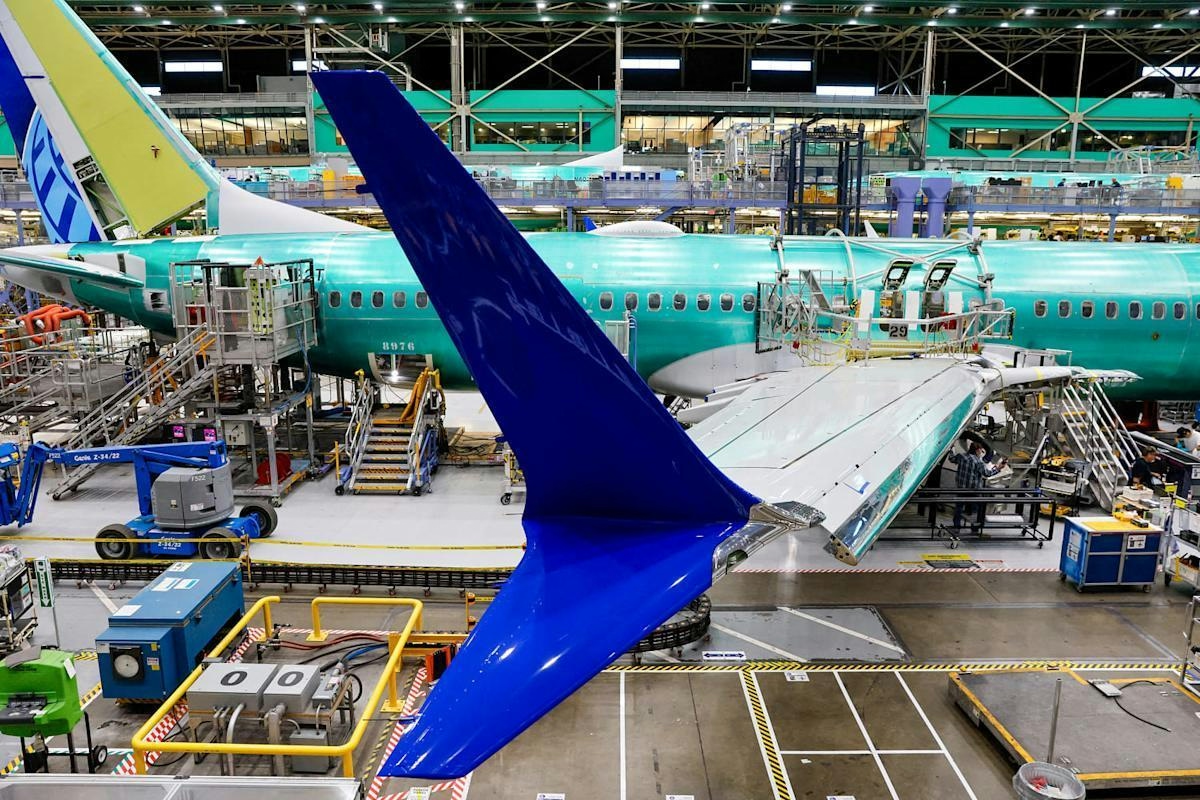
Willis Lease Finance: A Strategic Play in Aviation Leasing Amid Near-Term Volatility
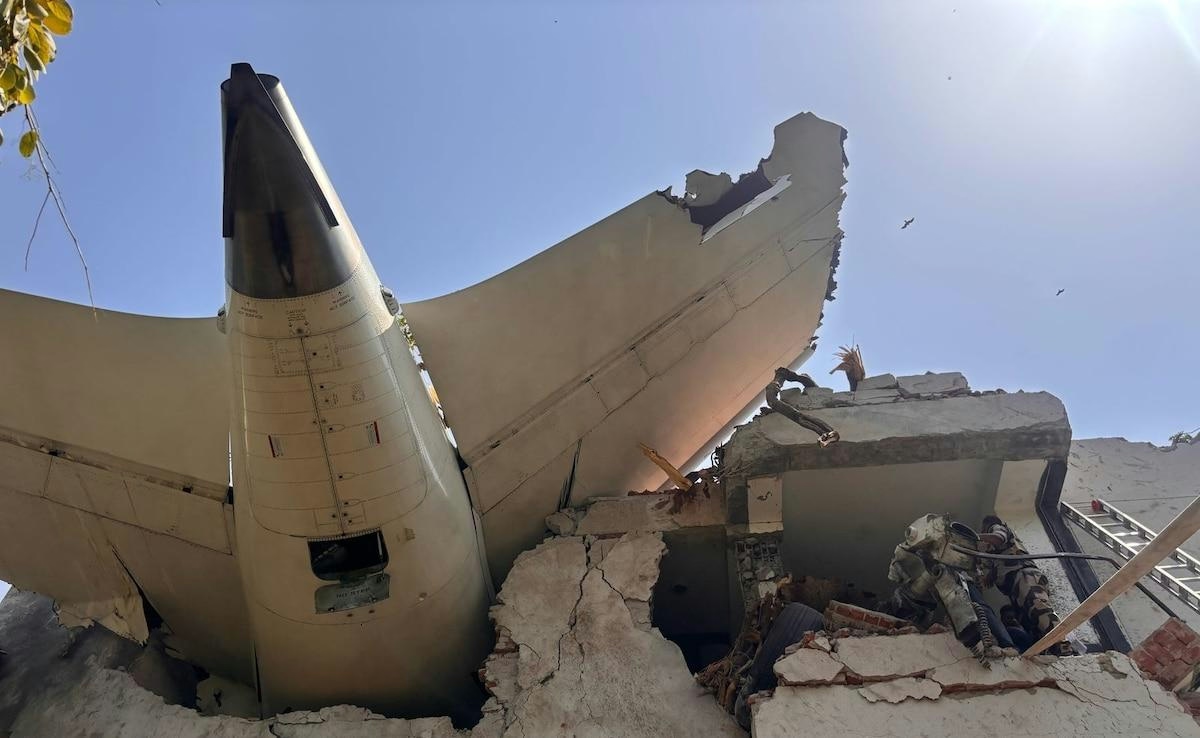
AI-Generated Content Spreads Misinformation After Air India Crash
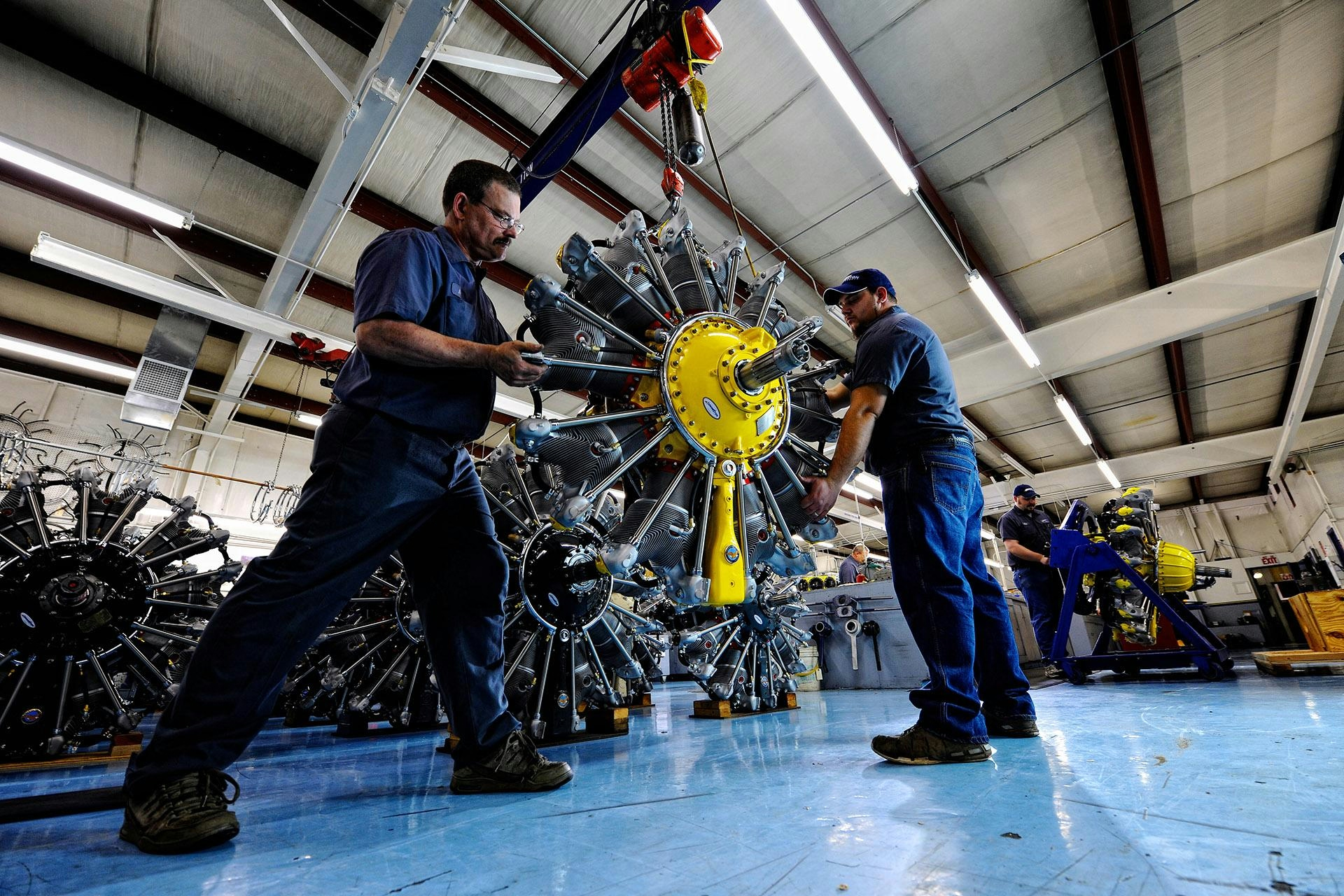
Covington Aircraft Engines to End Radial Engine Production in 2025

Yingling Aviation Named Authorized Honeywell Dealer

Does Joby Aviation's Milestone in Dubai Point Toward Further Growth?

New Invention Promises to Eliminate Airplane Emissions in Country

Key Questions on Chinese Travel, AI, and Airlines Answered by Skift
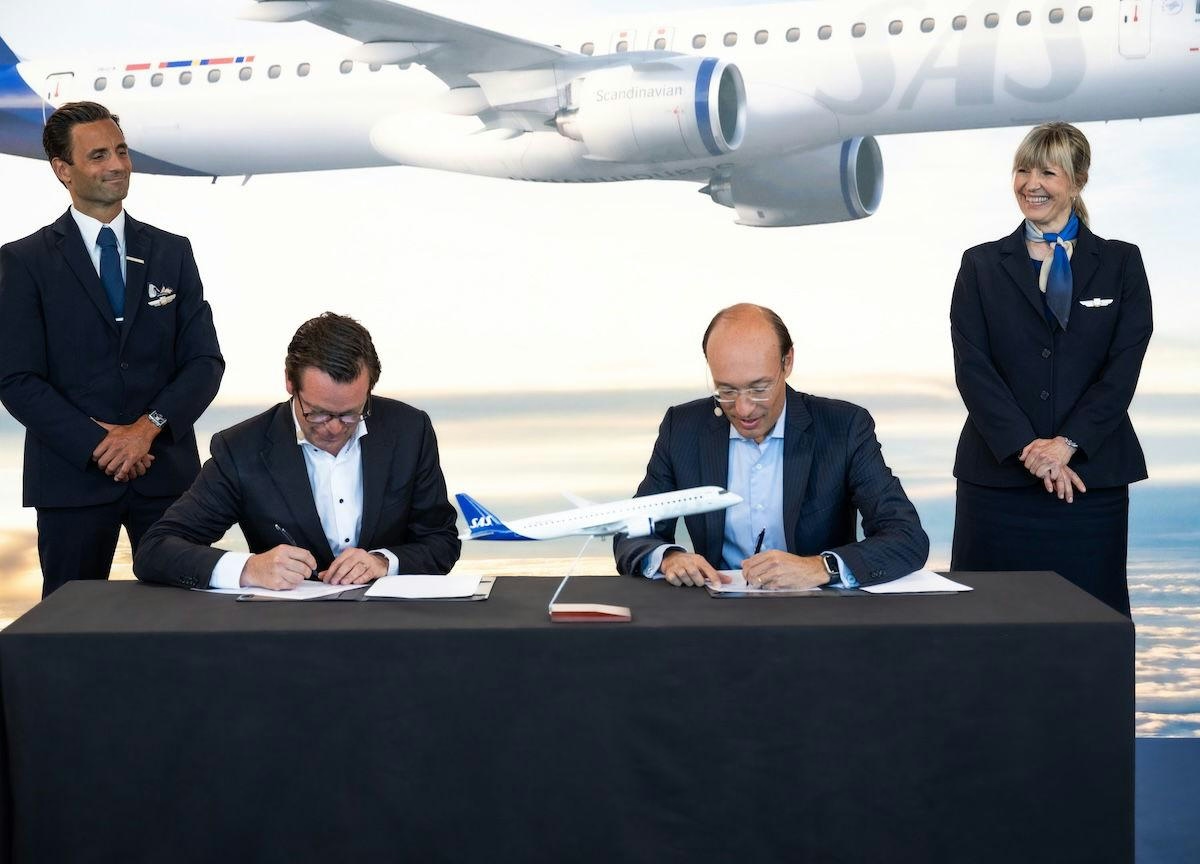
SAS Orders Up to 55 Embraer E195-E2 Jets
